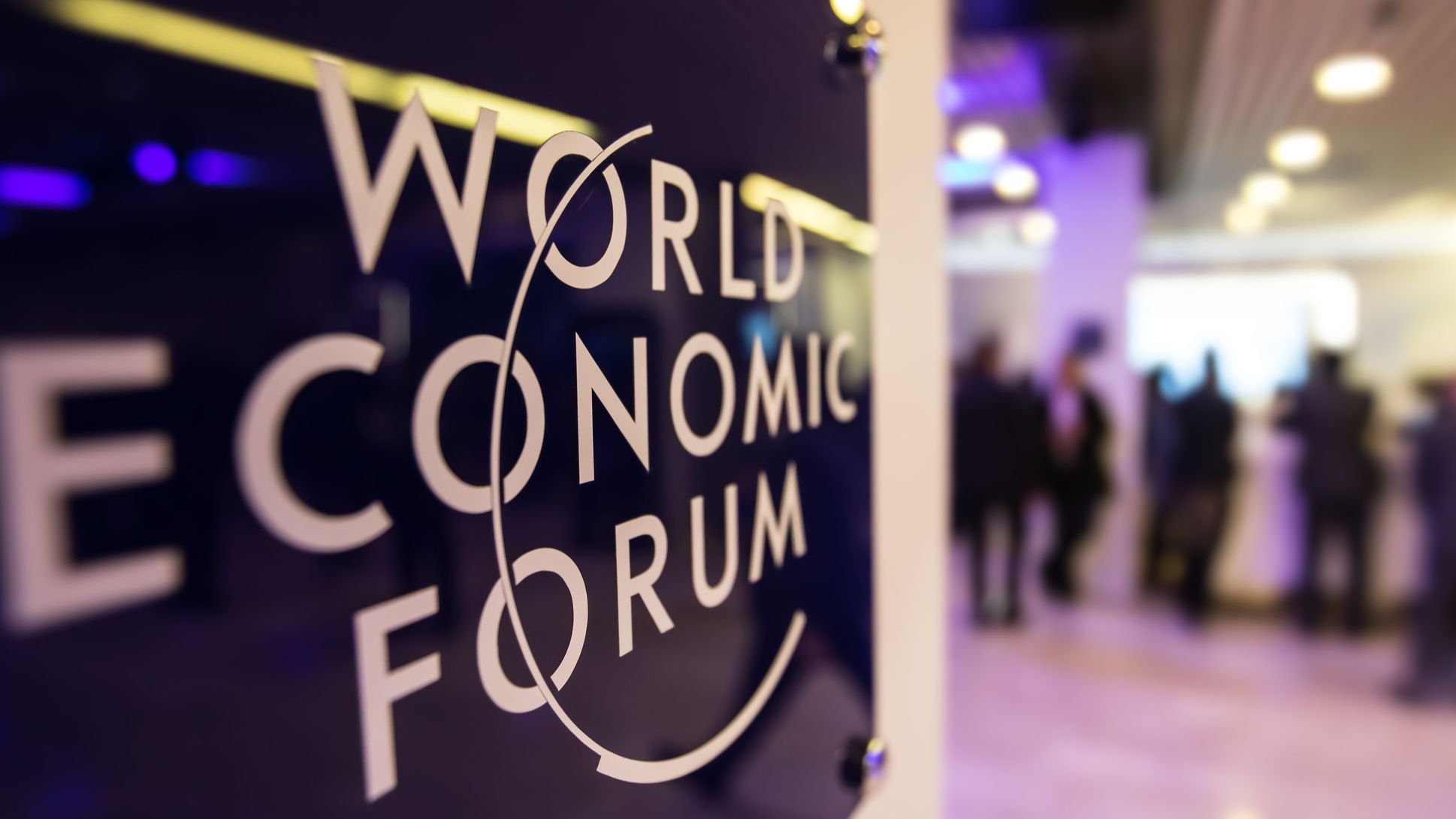
'Cooperation In A Fragmented World' Is Not Possible Without Inclusive Leadership
Jan 26, 2023The theme of last week‘s World Economic Forum meeting in Davos - “Cooperation in a Fragmented World“ - captures the uniqueness of our collective challenge. Brahima Sangafowa Coulibaly, Senior Fellow at the Brookings Institution, aptly notes that "there have been very few moments in history when the world faced a confluence of global shocks and crises".
Indeed, we are experiencing the global confluence of a lingering COVID-19 pandemic, geopolitical threats, growing food and energy insecurities, a surge in inflation and risks of recession, accelerating climate crisis, looming crises in development financing and sovereign debt financing, and regulatory challenges of the ‘Fourth Industrial Revolution’.
The “risk society“ and its challenges described by Anthony Giddens and Ulrich Beck in the 1980s and 90s is coming into our full view. According to Giddens, the hallmark of a risk society is being “increasingly preoccupied with the future (and also with safety), which generates the notion of risk." [Source: The Third Way: The Renewal of Social Democracy (1998), page 209.]
Ulrich Beck focuses on the reflexive aspect of this risk. He describes it as "a systematic way of dealing with hazards and insecurities induced and introduced by modernisation itself". [Source: Risk Society: Towards a New Modernity (1992), page 21.] This means that threats to and the fragility of our social and socially-mediated systems are generated from within these very systems. Simultaneously, these social systems are challenged to auto-generate adaptive responses; i.e., to transform, reshape, and innovate from the inside out.
From this perspective, the WEF‘s focus on co-operation requires a closer look. Wikipedia defines cooperation as “the process of groups of organisms working or acting together for common, mutual, or some underlying benefit, as opposed to working in competition for selfish benefit. Many animal and plant species cooperate both with other members of their own species and with members of other species (symbiosis or mutuality).“
Given that so much of our modern principles of organisation are centered on competition and pursuit of self-interest, it may take a profound shift to generate the cooperation needed to transform our “fragmented state”. Fragmentation aptly captures the profound state of our systems - from our family systems to our communities, societies, teams, organisations, and institutions, but also within our “self/selves“.
The Imperative for Inclusive Leadership
The WEF meeting in Davos has, no doubt, raised consciousness and inspired some people to take action. It also defaulted to the usual focus on the formal level: declarations, international agreements, and initiatives focused on regulations, standards, commitments, policies, governance bodies and frameworks. While these are critical to frame what is possible, they are insufficient.
They are often insufficient because they do not factor in that the transformational challenge is social in nature and must be culturally mediated … just like the forces that are driving the very fragmentation they seek to overcome. This means that we need to focus our attention on influencing the social dynamics that lead to greater cooperation and mutuality and the attainment of mutually beneficial outcomes under complex conditions. That attention is indeed the hallmark of inclusive leadership - practices that deepen mutuality and the co-generation of new social conditions and responses on the basis of social healing and the restoration and affirmation of dignity, equity, trust, and lived interdependence.
Much of the expertise provided during the first season of the Inclusive Leadership Institute‘s Spotlight Sessions provide valuable and practical lessons for leaders. Among them:
- Laura Liswood focuses us on the centrality of the us/them- or insider-outsider dynamics, in social situations. In her metaphor, the Elephant and the Mouse dynamic, she describes the general social forces impacting our sense of self - identity, belonging, and empowerment or disempowerment.
- Dr. Milton Bennet reminds us that culture and identity are “boundary conditions“ and that social boundaries as constructed are subject to deliberate division. This matters because the forces of social fragmentation either reinforce existing division through boundaries or create new ones. But, the direction of boundary-creation can also go in the other direction of greater kinship and unity. It is this expansion of identity that this moment in history demands.
- Dr. Akosua Adamako Ampofo adds that once we affirm our essential unity, we are called upon to acknowledge and heal the pain of historically created divisions and inequities … only then can trust emerge, unity be made real, and co-operation sustainable.
- Dr. Karen Walsh, Dr. Cheryl Williams, and Anne-Barbara Lemmons help put this into practice by respectively (a) practicing ‘power with‘ rather than ‘power over‘ in the macro- and micro-negotiations of how we influence others, (b) leading with compassionate curiosity, and (c) making the habit of judging softly part of our personal and institutional decision-making. Failing to install and activate these practices at all levels of social organisation puts success of the needed de-fragmenting of our world at risk.
- Malini Janakiraman and Jessica Mayer provide great, practical insight by demonstrating how the simple acts of making it safe to connect across our vulnerabilities is the basis for engagement towards a common goal, and inspiration for meaningful innovation.
Commitments, declarations, standards, policies, and frameworks are important. They become real through internalization and translation into action. This makes Mark Samuel’s message all the more relevant. We need to practice with each other the behaviors that translate our intention into the desired results. Practice also entails that we reflect upon what we practice and continuously calibrate and adjust in the context of our original goal. This requires a level of meta-consciousness and meta-reflexivity that is fundamental to deliberate social transformation.
This is what we mean when we, at the Inclusive Leadership Institute, focus on the cultivation of Inclusive Leadership at all levels of human organisation. To re-store and innovate systems of cooperation that turn a fragmented world into a more unified one is indeed the precondition to respond well to the current state of self-inflicted and interconnected complex global challenges.
“It is time for a radical reimagination of the multilateral system to strengthen global cooperation commensurately“ writes Brahima Sangafowa Coulibaly in his closing paragraph. [Read the full article here]. We would add that to be successful and sustainable, this radical re-imagination needs to be built upon the ethos and principles of inclusive leadership.
- Joerg Schmitz is the Managing Director of The Inclusive Leadership Institute

